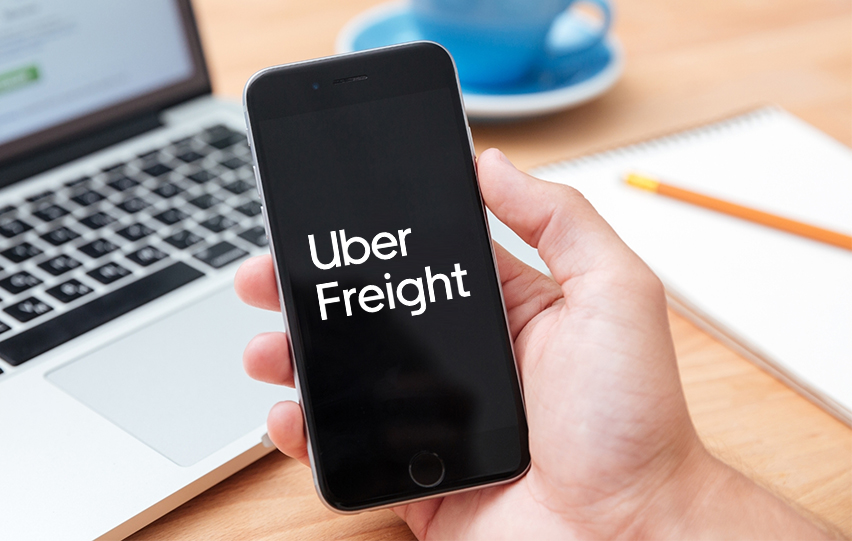Uber Freight said recently that it has expanded its services into the less-than-truckload (LTL) market. In the trucking industry, LTL caters to enterprises with small loads of products to deliver all over the country.
Uber Freight's platform is closely connected to this new LTL service. Moreover, Uber collaborated with BlueGrace Logistics, a leading third-party logistics company with great scale in the LTL market, to support this project.
The partnership between Uber and BlueGrace is important to provide access for shippers on Uber's platform to the LTL carriers’ small market and competitive pricing.

According to Michael Bailey, Product Manager of Uber Freight, the company's main objective is to "transform logistics for small and medium-sized businesses and support freight all the way from the first to the final mile."
Uber Freight aims to become a “one-stop-shop” for shippers, allowing them to ship any products with immediate pricing and complete transparency anytime.
By using the Uber Freight Shipper Platform, shippers may choose from a list of LTL carriers. Then, they can select the pickup and delivery schedule and track shipments using Uber's LTL service.
Shippers can manage LTL billings, and get prices depending on the specifics of the item, the shipping dates, and locations.
Moreover, shippers can compare quotations from both FTL and LTL carriers on a single platform. They will have similar login and invoice processes, alerts, and access to the same support staff they have with FTL deliveries.
Among the most desired features for the service is access to the LTL market. Uber Freight currently links truck drivers to shippers that have to transport products in full truckloads (FTL).
But, some companies are unable to fill a full truckload because of the business’ nature. Using the Uber Freight platform seemed not right for these shippers until today.
In the U.S., around 400 000 FTL carriers are available, but only around 150 LTL jobs exist, with only 40 LTL providers accounting for the majority of the industry. LTL carriers usually follow fixed routes, unlike FTL carriers, which are free to go wherever they choose.
Through the new service, Uber Freight gets closer to its goal of transporting products of all sizes from a port to a destination.
Uber Freight has seen considerable growth in the past year, which led to the launch of the new service. Uber's business sector pulled in $301 million in revenue in the most recent quarter, increasing 51% annualized.
















